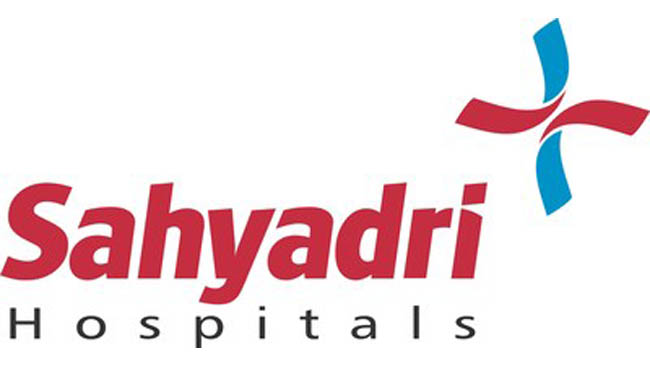
PUNE,18 February, 2020: Sahyadri Super Speciality Hospital, Deccan recently conducted a rare and high risk left ventricular assist device implantation (LVAD) procedure on a 22-year-old Yemeni National who was suffering from end stage heart failure. A team of doctors under the leadership of well-known heart transplant surgeon Dr. Manoj Durairaj, Programme Director, Department of Heart transplantation Sahyadri Hospitals including Dr. Shantanu Shastri, Dr. Suhas Sonawane, Dr. Saurabh Bokil, Dr. Priti Adate (Transplant Anaesthesia team), Dr. Deepak Bhavsar Heart Surgeon, Prashant Dhumal, Amar Jadhav, Samrat Bagal (Transplant Perfusionist team), Dr. Swati Nikam, Transplant Coordinator performed this high risk procedure successfully. The patient is now doing fine and will go home within a couple of weeks.
Explaining the case Dr. Manoj Durairaj, Programme Director, Department of Heart Transplantation Sahyadri Hospitals said, "When this patient came to us four months back he was suffering from breathlessness. Investigations revealed that the main pumping chamber of his heart was affected which resulted in end stage heart failure. We didn't have many options before us and we decided to go for LVAD implantation procedure as the patient was very sick. In such cases heart transplant may be an option, but being an overseas patient the long waiting period could have virtually shut any hopes."
Dr. Durairaj added that the Left Ventricular Assist Device takes over the function of the main pumping chamber of the heart, the left ventricle.
This option is chosen for patients who have end stage heart failure when all other treatment options have failed. It can be a permanent treatment (Destination Therapy) or can used as a Bridge to Heart Transplant. The procedure involves performing open heart surgery on a heart lung machine. The surgery is challenging due to the fact that the patients have advanced heart failure, so managing the patient during and after surgery requires well-trained doctors and other health care providers. The implanted machine is controlled from outside initially so that the programming has to perfect before discharge.
The machine which is implanted runs on a miniature mobile battery control unit which has to be carried by the patient and required recharging every 8-12 hours. The patient and the care givers are given training on managing this unit and taking care of the batteries. The patient will also have to be on blood thinner tablets.
The survival of such sick patients without any treatment is only 5% over 1 year. Dr. Durairaj said that the good thing is that with LVAD these patients have a huge survival benefit of over 90% in the first year and good long term outcomes.
There are patients who have a very active family and social life after this procedure. It takes approximately a week in ICU and 2 weeks in hospital to adjust the rates and flow of blood being pumped by the machine into the body
Dr. Jayashree Apte, Executive Director Sahyadri Hospitals congratulated the team of doctors and said, "Availability of expert doctors, trained staff and state-of-art infrastructure ensures we are able to fulfill all the patient requirements of tertiary care especially in complicated and high risk procedures as in this case. We will continue our endeavour to provide best healthcare facilities and services."
